
We return once again to Middle-Earth with The Hobbit: An Unexpected Journey, the special extended edition, a tradition that began years ago with similar editions of The Lord of the Rings films. This makes for the fourth time that I’ve seen this first part of Peter Jackson’s trilogy based on the beloved novel by J.R.R. Tolkien, which makes it a perfect time not only to take a look at the additional material, but also to reflect upon the film nearly a year after the release of its original theatrical cut.
For those of you who are newcomers to the film, let’s begin with a brief synopsis. Bilbo Baggins (Martin Freeman), a Hobbit of Hobbiton, is used to living a quiet life in his small community. One day, he has a visit from an old acquaintance, the wizard Gandalf (Ian McKellen), who makes inquiries about Bilbo possibly joining in on an adventure. After a polite, but firm, refusal, Bilbo goes about his business, until he is suddenly visited by a dwarf that very night. He is followed by another, and another, and another, until there are 13 in total, led by Thorin Oakenshield (Richard Armitage). They are on a quest to reclaim their homeland of Erebor and their treasure, which has been taken over by the evil dragon Smaug.
Despite much initial hesitation, Bilbo agrees to accompany them on their journey. Along the way, they will face many hardships, including orcs, goblins, trolls, wargs, and stone giants. However, the dwarves are determined in their quest and are not about to let anything stop them, not even an old enemy from Thorin’s past, who was thought to have been killed during a battle many years ago.
After my press screening for the film back in December, I made it very clear that I had enjoyed The Hobbit: An Unexpected Journey quite a bit, although not without noting a few problems. Primarily my concerns had to do with pacing issues due to material that felt somewhat superfluous, including the additional material that Jackson and his co-writers were including from the appendices. There was also the meeting of the White Council in the middle of the film that made it feel as though it had come to a complete stop before finally resuming about 15 minutes later.
After seeing the film four times now, I find that these parts don’t bother me as much as they did on that initial viewing. I had also noted that it was unclear where exactly these little subplots would go, but that I was more than willing to give Jackson the benefit of the doubt given his great success with this material in the past. In particular, I’ve come to enjoy the character of Radagast the Brown, played by Sylvester McCoy (Whovians will know him as The 7th Doctor), for his quirkiness, making me hope he makes further appearances in the latter two films.
Speaking of pacing issues, now would be a good time to discuss the additional scenes that have been reinserted into the film. For this edition, approximately 13 minutes have been added, which isn’t nearly as much as we found in the extended cuts of The Lord of the Rings, but if you think about it for a second, it’s perfectly understandable why there wouldn’t be all that much. Peter Jackson and his crew are already stretching out this story quite a bit, so it makes sense that whatever he ended up cutting out would mainly have to do with keeping the pacing of the film running smoothly.
Because of this, it’s not all that surprising that all of the added and extended scenes are little pieces that were easily cut from the final film. Most of them end up taking place in Rivendell, including a song the dwarves sing during their meal, the dwarves playing in a fountain, and a quick conversation between Bilbo and Lord Elrond (Hugo Weaving). More cut material can be found when our heroes reach Goblin Town, including more of the conversation with the Goblin King, as well as a song he sings on their arrival. All in all, not really anything that needed to be there, but it’s still great to have the more complete version nonetheless.

Something else that I had already noted before, and which still holds true, is that this is a great adaptation of the novel thus far. Jackson and his crew cover the material is such a way that it will be pleasing to those who are fans of the book and for those who are new to the tale. Fans in particular will get a chill as they watch “Riddles in the Dark,” the infamous confrontation between Bilbo and Gollum (Andy Serkis), come to life. Even if you know the story by heart, the additional material that’s being included will give you something new to look forward to. Things are off to a nice start in this first part of the trilogy, and with all the great events coming up, you can be sure that the next part will be equally exciting, if not more so.
Now let’s take a brief look at the specs of the Blu-Ray itself. The film is presented in a 2.4:1, 1080p transfer that has a very slight fuzziness to it in certain spots. For the most part, it’s not particularly noticeable, but it does show up every now and again. Other than that, it’s a fantastic picture of high quality with colors looking bright and vibrant. The 7.1 DTS-HD Master Audio is fantastic, balancing the dialogue, score, and sound effects to optimum effect. Overall, they’ve done a great job in both departments, delivering an experience that couldn’t be much better.
When it comes to the special features, I’m going to have to break it down to give you the details given that there are over nine hours of extras included, and that’s not even counting the commentary and featurette on the first disc.
Disc One:
The Filmmakers Commentary: Director/Co-Writer/Co-Producer Peter Jackson and Co-Writer/Co-Producer Philippa Boyens discuss the film in great detail, analyzing each scene as it comes up on screen. Their comments are thoughtful and fascinating to listen to, making this a highly-recommended track.
New Zealand: Home of Middle-Earth: A previously-released featurette that shows you several of the locations in New Zealand used for filming the movie. Includes brief interviews with cast and crew discussing the various spots. Worth checking out for the beautiful scenery and commentary. (Approx. 6 Minutes)
Disc Two:
The Appendices, Part 7: A Long-Expected Journey: The Chronicles of The Hobbit – Part 1: An extensive, all-encompassing look at the making of the film from pre-production all the way through principal photography. Over the span of about four and a half hours, these extras take you through the early days of the production, boot camp for the actors, the process of filming from set to set, and much more. You couldn’t ask for extras better than this. A must-watch for fans of the film and for fans of filmmaking in general.
Disc Three:
The Appendices, Part 8: Return to Middle-Earth: A comprehensive look at the designing of the dwarves, including casting, costumes, weapons, and makeup, in addition to their character histories. Also included is a look at Bilbo Baggins that discusses the difficulty in getting Martin Freeman for the part. This is followed by detailed extras about the designing of the sets (Bag End, Hobbiton, Goblin Town, Rivendell, and others), the inhabitants of Middle-Earth (trolls, goblins, Radagast, etc.), and the songs. If there was anything you were looking to know regarding any of these areas, chances are it’s covered here in great detail. Again, this is a must-watch for fans. It may run over four and a half hours, but it is well worth the time to watch.
These special features alone make this release worth buying, but since you get the great film along with them, it becomes even better, making this one of the must-own Blu-rays of 2013. Despite the extended bits being rather unnecessary, The Hobbit: An Unexpected Journey remains a fantastic adventure, and with the release of the second part of the trilogy coming up next month, there’s no better time to revisit it and delve through the massive amount of extras that this outstanding Blu-ray has to offer.
This review is based on a copy of the Blu-Ray that we received for reviewing purposes.


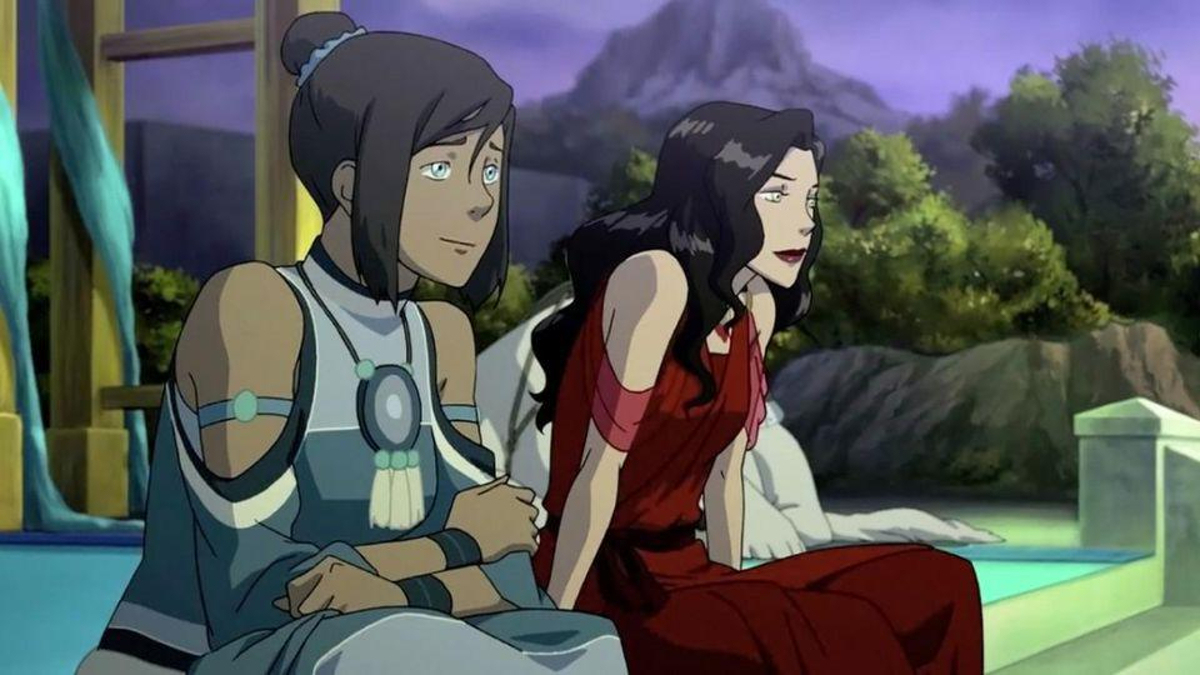
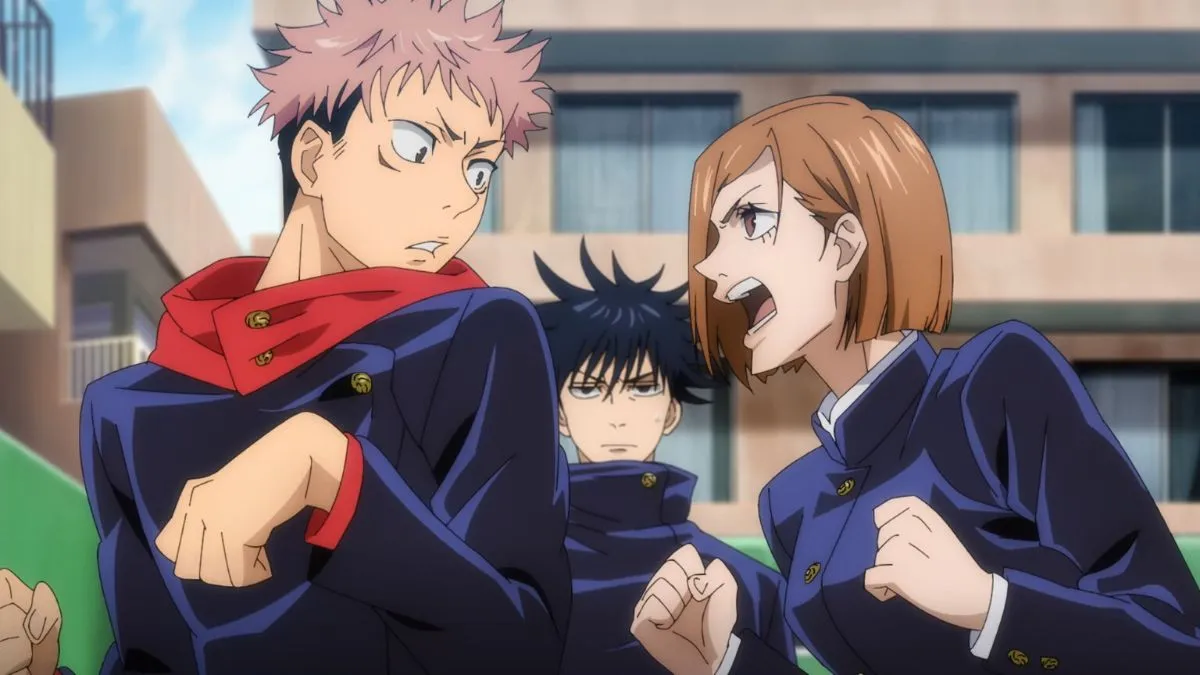

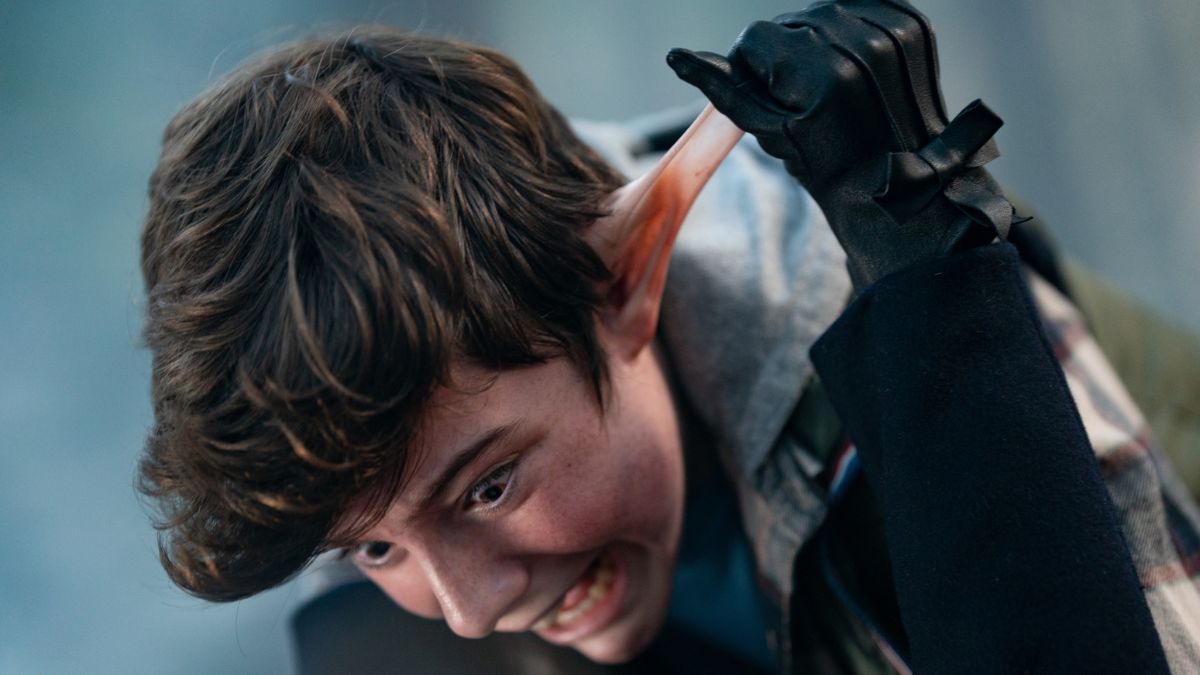
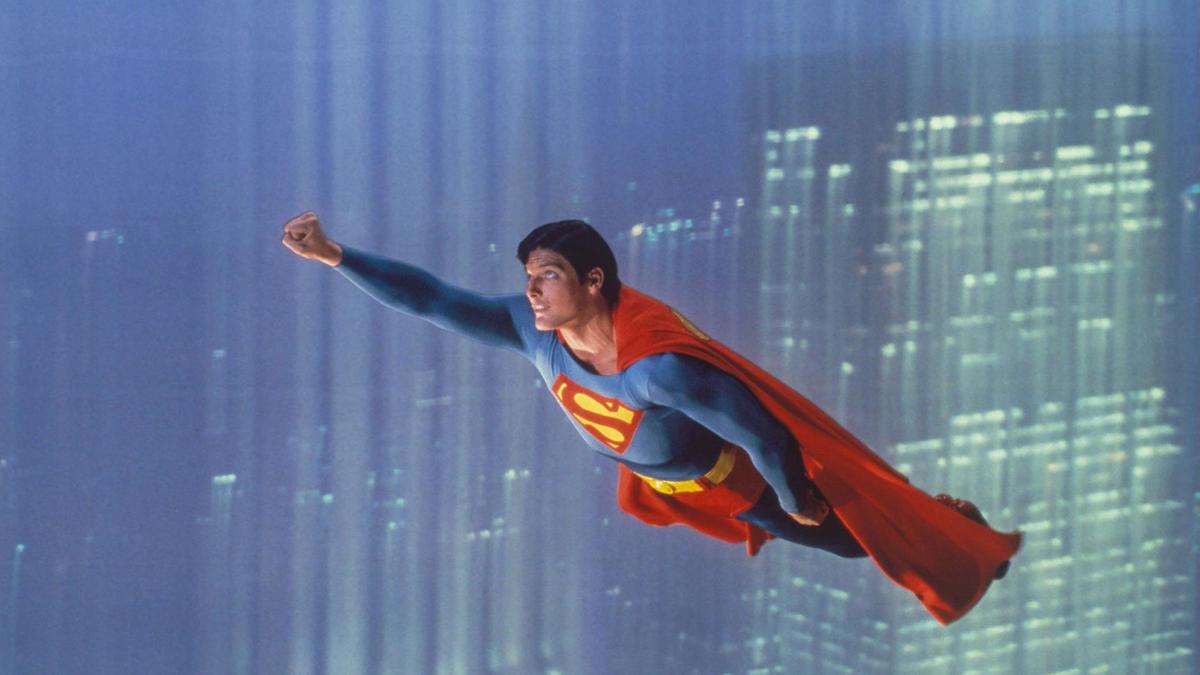
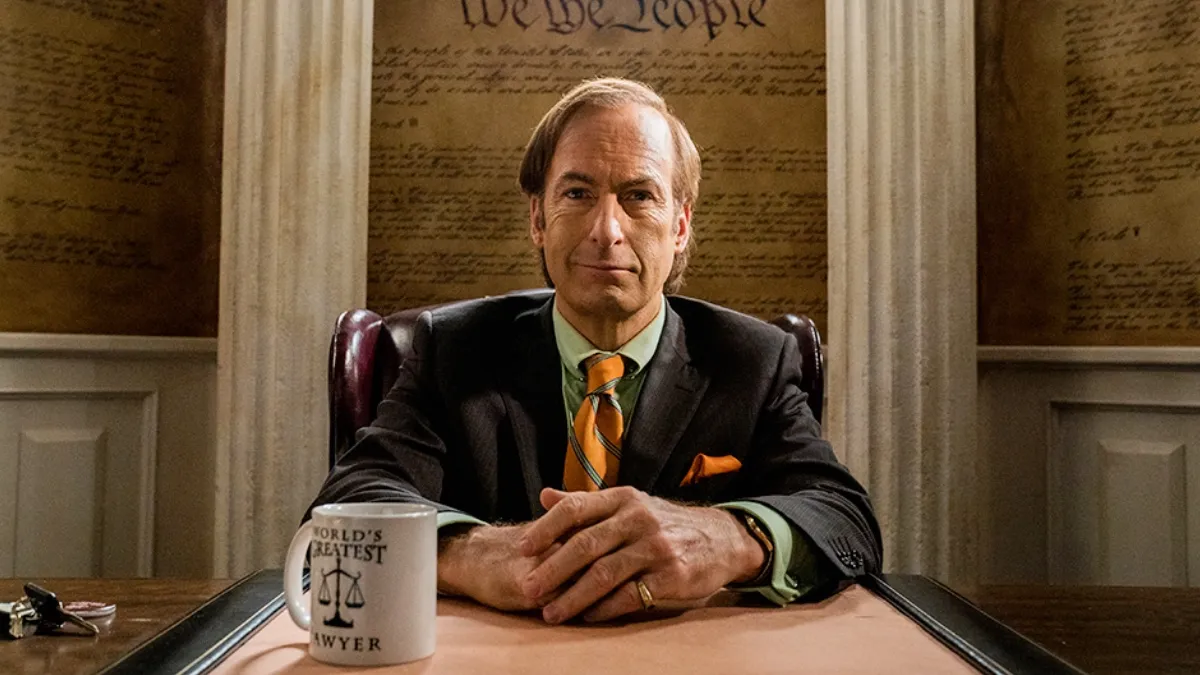
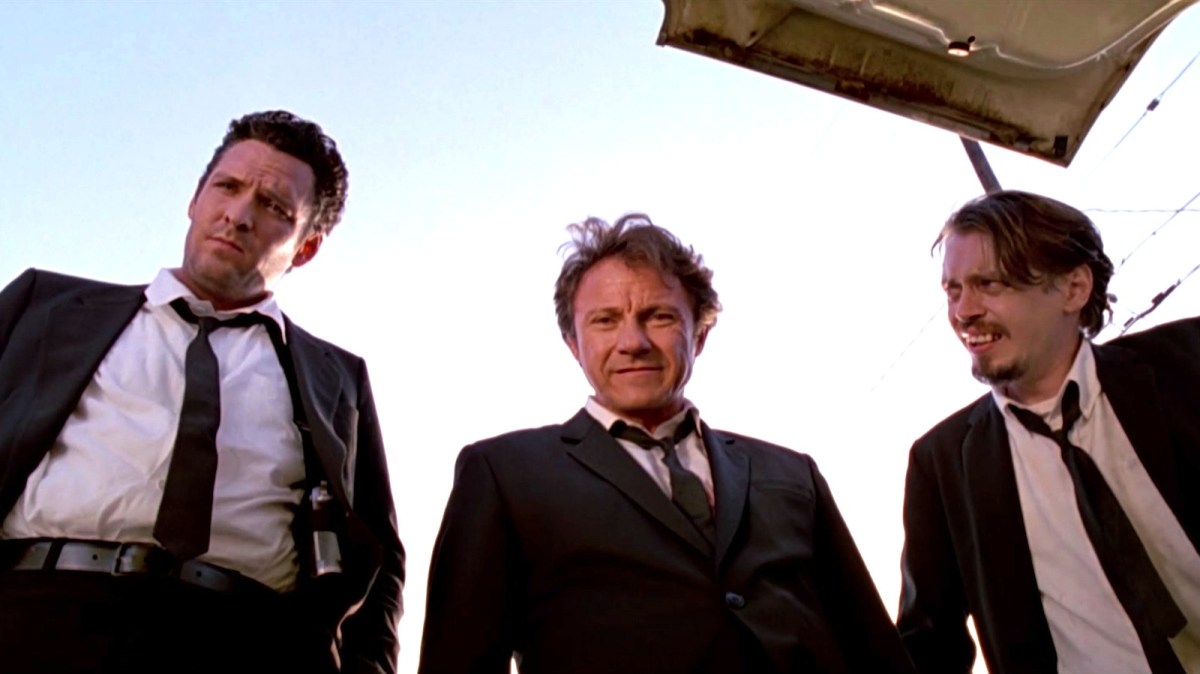
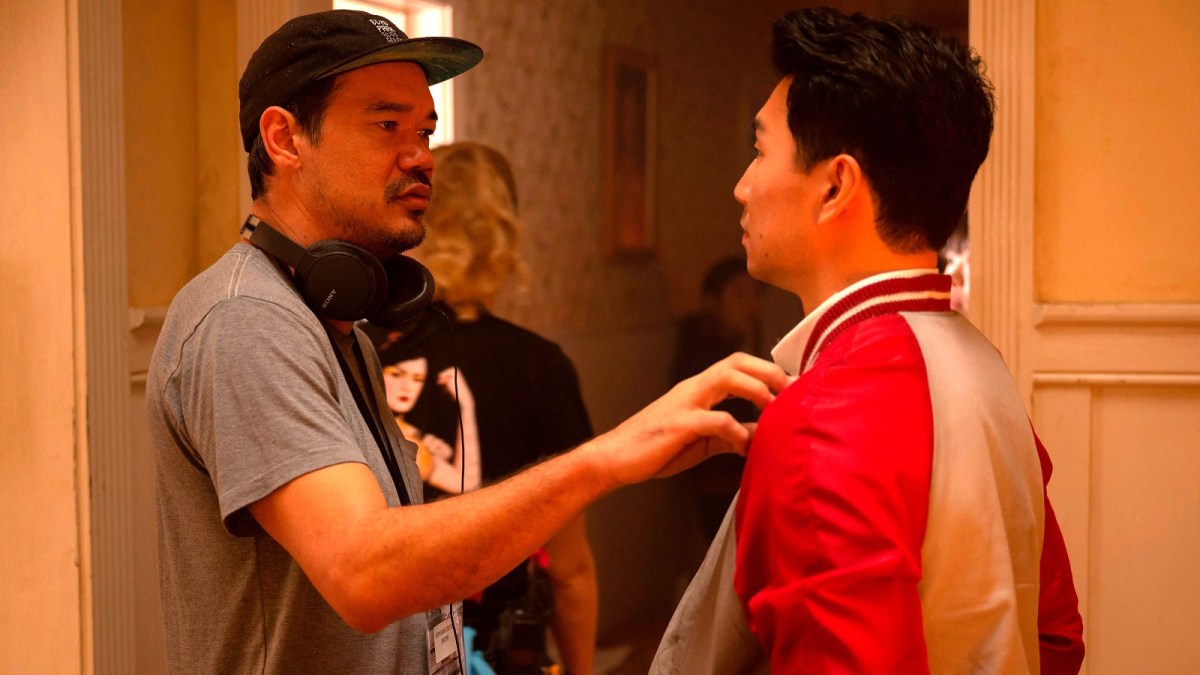
Published: Nov 4, 2013 10:49 am